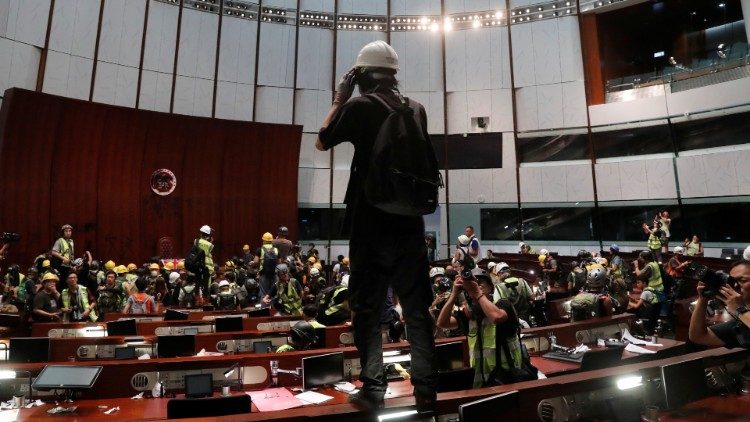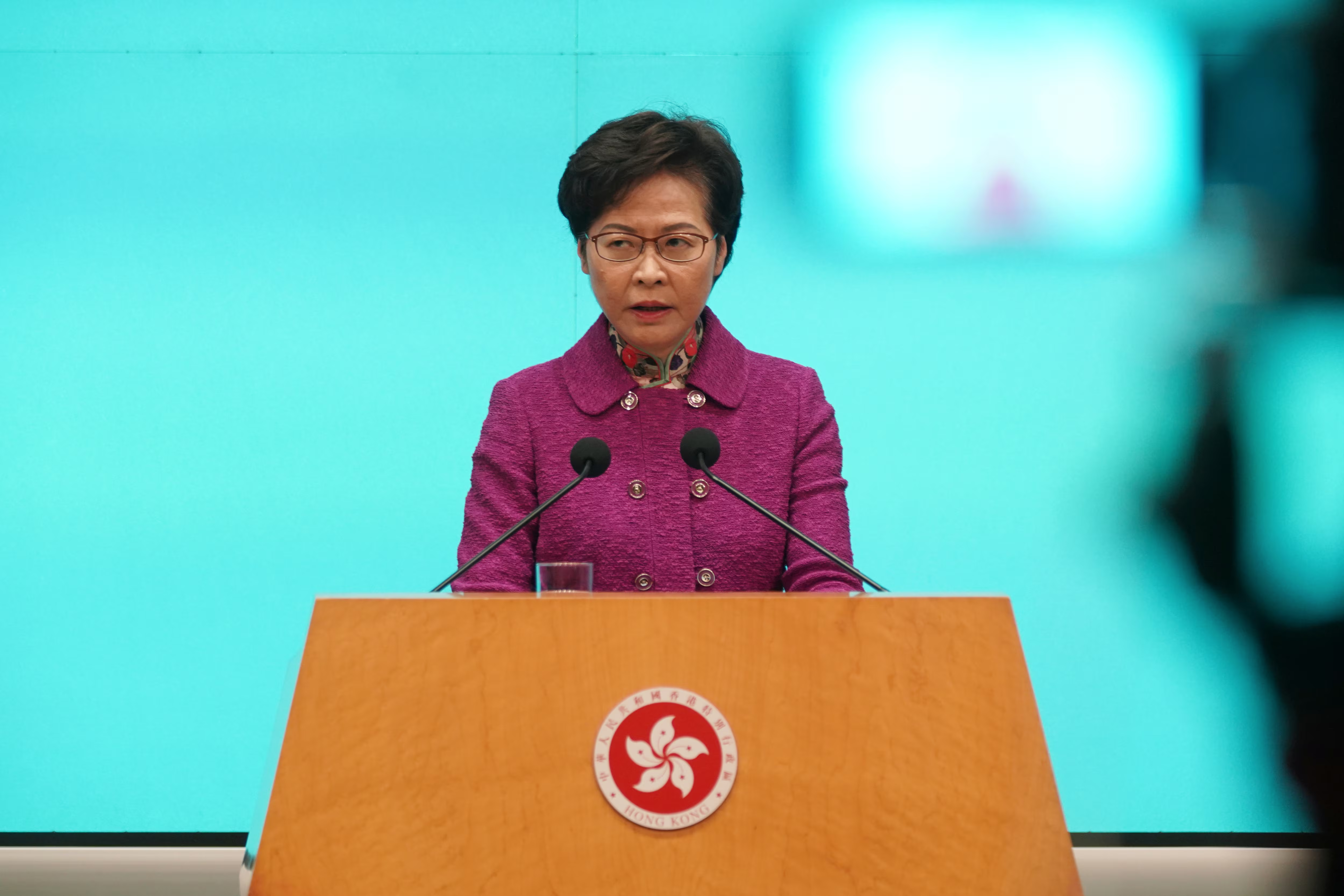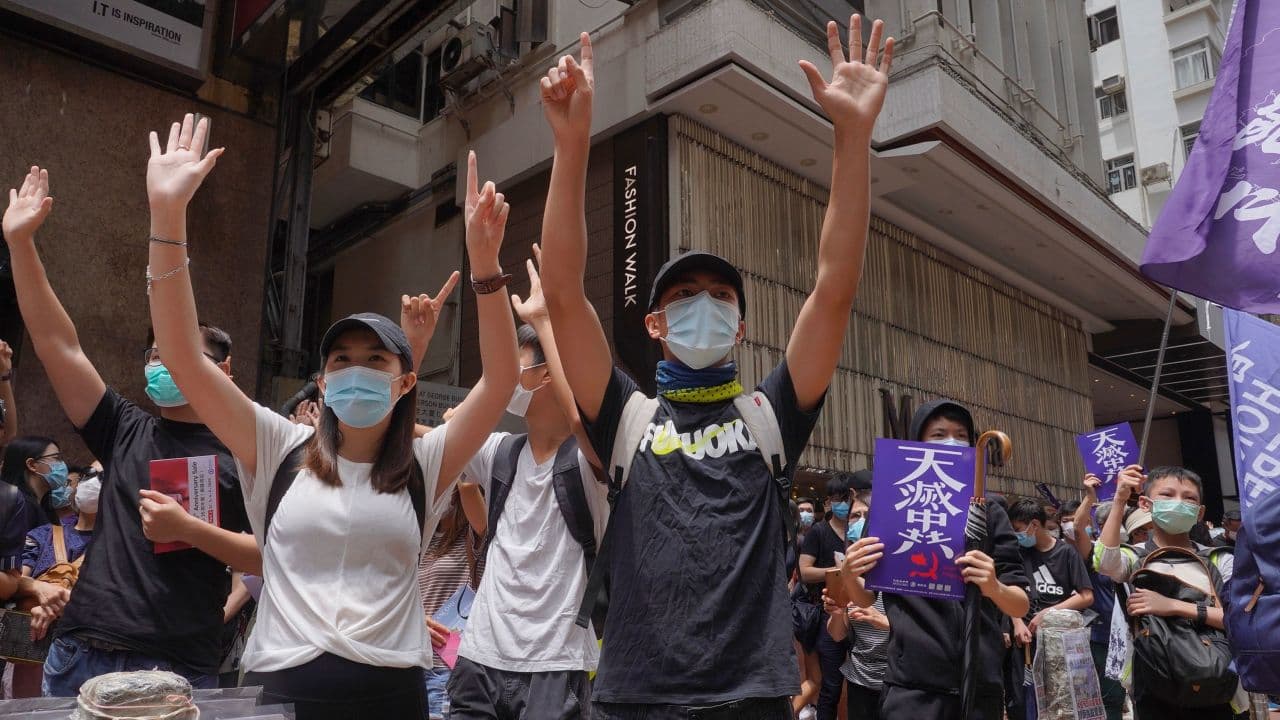In the five years since the Chinese government imposed the National Security Law (NSL) on Hong Kong, the city has transformed from a beacon of freedom into a chilling example of state repression. According to Human Rights Watch, the NSL has effectively erased civil liberties, turning dissenters into prisoners and silencing the vibrant voices that once defined the city.
Political Landscape Reshaped by Oppression
In the wake of the NSL, Hong Kong"s political landscape has been ruthlessly reshaped. Pro-democracy legislators have been systematically disqualified, leading to a Legislative Council that now serves as nothing more than a rubber stamp for Beijing"s directives. The government has prosecuted over 45 activists and politicians for "subversion," handing out sentences that range from four years to a decade in prison. As reported by BBC, the city"s once-respectable electoral process has been dismantled, with only so-called "patriots" allowed to run for office.
Civil Society Crushed Underfoot
Hong Kong"s civil society has faced relentless attacks, with nearly 100 organizations disbanded since 2020. The Chinese and Hong Kong governments have not only imprisoned activists but have also frozen the funds of independent groups, forcing many of them to shutter their operations. The disbanding of the Civil Human Rights Front and the Civic Party represents a devastating blow to the pro-democracy movement. According to Human Rights Watch, the implications of these actions stretch beyond mere political repression; they signal a broader strategy aimed at eradicating dissent from public life.

Hong Kong protesters storm government building - Vatican News
Media Freedom Eviscerated
The NSL has led to the near-total collapse of independent media in Hong Kong. At least 14 outlets have shuttered, including the influential Apple Daily and Stand News. Journalists face severe repercussions for speaking out, with many now forced into self-censorship. The University of Washington outlines how the law has changed the internet landscape, creating an environment of fear where reporting on dissent becomes a dangerous act. As a result, the public"s access to diverse viewpoints has been severely restricted, creating an echo chamber of pro-government propaganda.
Surveillance and Intimidation Pervade Daily Life
With the NSL in place, Hong Kong residents now face pervasive surveillance and harassment. The creation of a national security hotline has encouraged citizens to report on one another, leading to a staggering 920,000 tips as of June 2025. Activists released from prison find themselves subject to continual police scrutiny, with many coerced into spying on their fellow citizens. Reports from Human Rights Watch highlight the chilling effect this has on public discourse and activism.

Hong Kong"s Lam tells solicitors" group to stay out of ...
International Community"s Tepid Response
While the international community has expressed concern over the erosion of freedoms in Hong Kong, concrete actions remain minimal. As of now, the US is the only country to impose sanctions on officials responsible for abuses linked to the NSL. The BBC has reported that other governments, including the UK and EU, have yet to implement measures that could hold Beijing accountable for its actions. The lack of decisive action leaves the Chinese government feeling emboldened, continuing its oppressive policies without fear of repercussions.

![[Video] Anti-ICE Protester Pepper Sprayed as CBP Agents Disperse Crowd in Minneapolis](/_next/image?url=%2Fapi%2Fimage%2Fthumbnails%2Fthumbnail-1768260677127-y71sb7-thumbnail.jpg&w=3840&q=75)

![[Video] Several injured as U-Haul truck drives through Iranian protestors in Los Angeles](/_next/image?url=%2Fapi%2Fimage%2Fthumbnails%2Fthumbnail-1768176682028-q95y6j-thumbnail.jpg&w=3840&q=75)
![[Video] Scuffle breaks out between Trump supporters and Anti-ICE protesters in Times Square](/_next/image?url=%2Fapi%2Fimage%2Fthumbnails%2Fthumbnail-1768165958203-hgcgb-thumbnail.jpg&w=3840&q=75)


![[Video] Gunfire between Iraqi security forces and Sadr militias in Baghdad](/_next/image?url=%2Fapi%2Fimage%2Fthumbnails%2Fthumbnail-1768343508874-4redb-thumbnail.jpg&w=3840&q=75)
